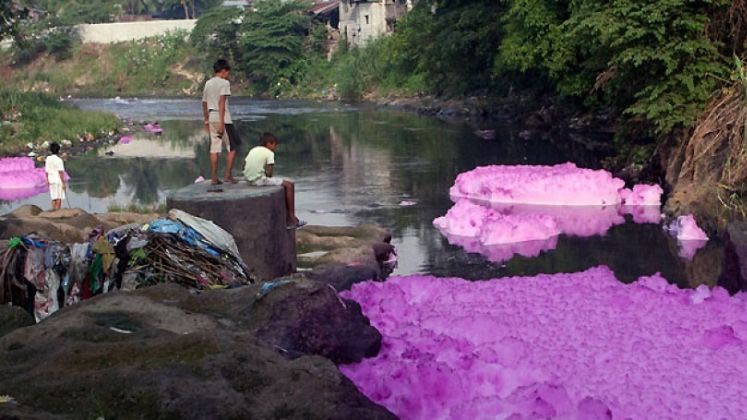
In the face of mounting pressure from developed nations to incorporate sustainability into free-trade agreements (FTAs) and broader trade practices, India has started discussions on the viability of a scheme aimed at addressing pollution from processing units in sectors, such as textiles and pharmaceuticals.
On this subject, the textiles ministry and the Department for Promotion of Industry and Internal Trade (DPIIT) have already called a few meetings.
According to Government officials, the current discussion revolves around whether or not to encourage industry to invest in clean solutions and investigate the possibility of an interest subvention scheme or the implementation of a production-linked incentive (PLI)-type of model to encourage businesses to set up effluent treatment plants.
Senior Government officials stressed that the developed world’s growing attention on sustainability does not mean that industries should be shut down.
“We did that in the leather industry and we lost it. That’s why discussions are on to come up with a solution on this,” the official told Business Standard.
These talks are occurring in the context of wealthier countries emphasising the need to ensure that commerce and sustainability are integrated, including the United States, the United Kingdom, and members of the European Union.
The Government has started to step up the sustainable efforts of the Indian textile industry, according to K M Subramanian, president of the Tiruppur Exporters Association (TEA). To prepare a project report, a consultant will be travelling throughout the nation’s textile clusters.
Tiruppur, India’s largest textile cluster, accounts for 90 per cent of the country’s cotton knitwear exports and 55 per cent of all its knitwear exports.
Nearly every family in the city is reported to have a micro, small, and medium-sized enterprise (MSME), and the region’s more than 28,000 manufacturing facilities are a component of the textile value chain.






